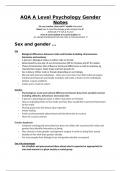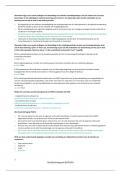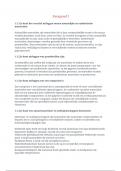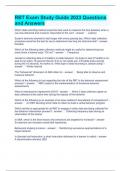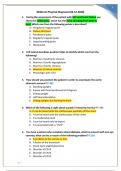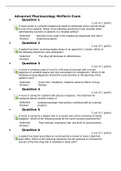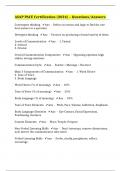Summary
A* AQA A Level Psychology Gender Summary Notes
A* quality summary notes on the WHOLE gender topic 24 pages of all you need to know gender in paper 3 Achieved A* at A Level - this is will save you hours upon hours - hope it helps boost your grade and get that A* :) Took me days to make but paid off - hope you find this helpful <3 thank ...
[Show more]
